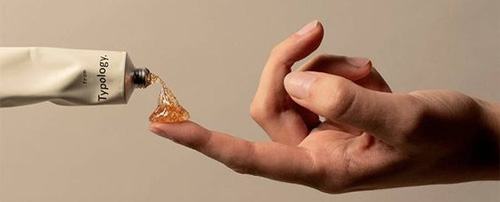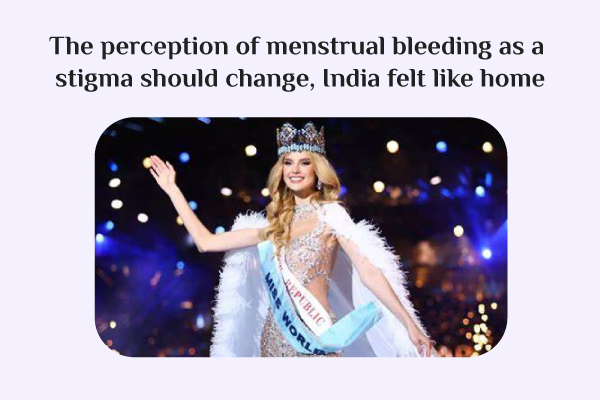Miss Czech Republic Cristina Piskova was crowned Miss World in a colorful ceremony in Mumbai. Christina’s achievement is beating 112 beauties in the beauty and intelligence contest. During the question and answer session to select the final four, the question for Miss Czech Republic was about women’s healthcare. Christina was able to accurately answer the main problem women face in healthcare. Christina answered that being a woman should be seen as a gift from God and that society’s mindset that menstruation is stigmatizing and talking about menstruation should be changed.
The perception of menstrual bleeding as a stigma is a deeply rooted issue in many societies around the world, including India. Cultural, religious, and social factors have contributed to the stigmatization of menstruation, leading to shame, silence, and discrimination against menstruating individuals. However, there has been a growing movement globally to challenge these taboos and promote menstrual health and hygiene as a human rights issue.
In recent years, India has seen significant efforts to break the silence surrounding menstruation and combat the stigma associated with it. Various organizations, activists, and policymakers have worked tirelessly to raise awareness, educate communities, and implement policies supporting menstrual health and hygiene.
Initiatives such as the “Menstrual Hygiene Management” program launched by the Government of India, campaigns like “Pad Man,” and the advocacy work of organizations like Menstrual Hygiene Day have helped to bring menstruation into public discourse and challenge harmful stereotypes and practices.
Changing the perception of menstrual bleeding as a stigma requires comprehensive efforts involving education, advocacy, policy changes, and community engagement. It involves challenging deep-seated beliefs and norms, providing access to menstrual products and healthcare, and promoting gender equality and dignity for all individuals, regardless of their menstrual status.
While progress has been made, there is still much work to be done to eliminate the stigma surrounding menstruation in India and worldwide. Continued collaboration and commitment from governments, civil society organizations, communities, and individuals are essential to creating a society where menstruation is no longer a source of shame or discrimination but a natural and healthy aspect of life.


